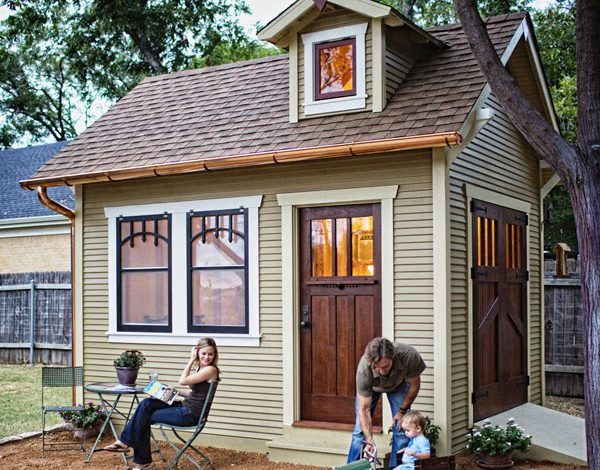Building a Guest Unit Just Got Easier

To the delight of builders and homeowners, a new 2017 law removes many restrictions and barriers to building accessory dwelling units in California.
California State Senator Bob Wieckowski, D-Fremont2 created a bill that drastically reduces the regulations restricting the creation of Accessory Dwelling Units. Many of us know them as Guest Units or Guest Houses.
After Governor Jerry Brown signed the Bill into law in 2016, the rules took effect for all Californians as of January 1, 2017.
According to an article by Phillip Molnar of The San Diego Union-Tribune, Wieckowski said of his legislation, “SB 1069 returns more power to home-owners and reins in some of the enormous fees and requirements levied by local agencies.”
SB 1069 is a major step forward in addressing California’s housing crisis by removing restrictions that have discouraged and in most cases prohibited homeowners from adding these rentable second units.
The White House’s Housing Development Toolkit praised California’s actions to reduce barriers and called for allowing more accessory dwelling units to help meet the affordable housing challenge.
Most potential homebuyers in today’s real estate market, especially younger first time buyers, struggle with high home prices and rising interest rates. The possibility of building onto or converting part of a property into a legal income producer could help to convert many more home shoppers into homebuyers.
The legislation states that as long as the granny flat meets current zoning guidelines, no other local ordinance, policy, or regulation shall be the basis for the denial of a building permit or a use permit.
Homeowners can get out of providing parking for granny units, which cannot exceed 1,200-square-feet, as long as it is within a half mile of public transit or in an architecturally and historically significant district.
Other restrictions and guidelines in SB 1069 require that the unit has long-term affordability covenants and restrictions requiring the unit be affordable to persons of low- or very low income for not less than 55 years. The lot must be zoned for single-family or multifamily use and contain an existing, single-family dwelling. The Additional Dwelling Unit cannot be intended for sale separate from the primary residence and may be rented.
SB 1069 goes on to stipulate that the Accessory Dwelling Unit shall not be considered new residential uses for the purposes of calculating local agency connection fees or capacity charges for utilities, including water and sewer service.
Anyone considering building a guest unit should sit down with their local planning department official and explore the possibilities for their individual site.
If a homeowner has an existing, non-permitted, additional dwelling unit they could bring an “as-built” drawing of the construction and discuss the requirements to obtain a permit for that pre-existing construction.

